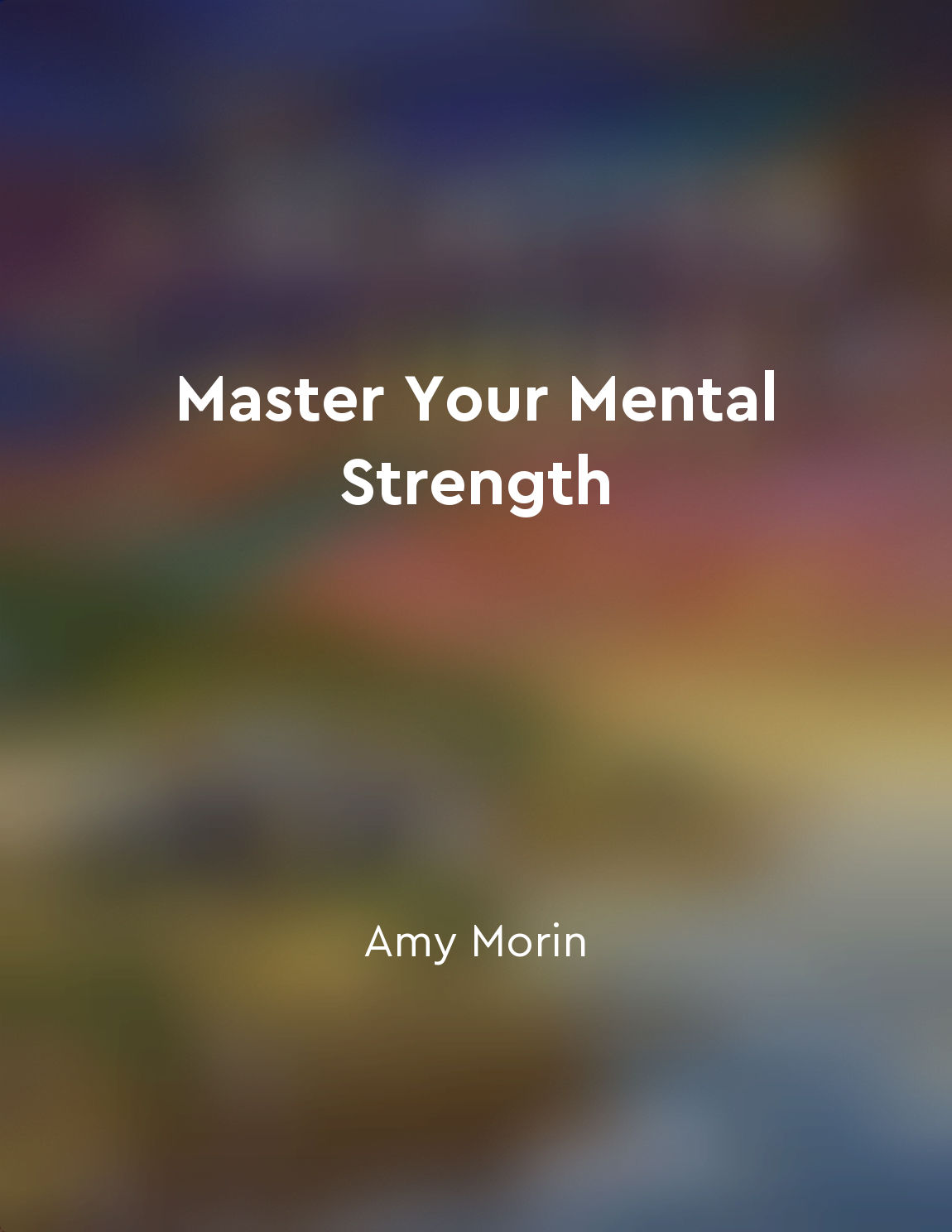We often underestimate our own ability to adapt to changing circumstances from "summary" of Stumbling on Happiness by Daniel Gilbert
Our inability to predict what will make us happy in the future is due to a fundamental misunderstanding of our own adaptive capacities. We often assume that major life changes will significantly impact our well-being, underestimating our ability to adapt to new circumstances. This is because we tend to focus on the initial emotional impact of events rather than considering the long-term effects. When faced with a potential change, we predict that it will have a greater impact on our happiness than it actually does. For example, we may believe that winning the lottery or getting a promotion will drastically improve our lives, only to find that our happiness levels return to baseline after a period of adjustment. Likewise, we may fear that a negative event such as a breakup or job loss will devastate us, only to discover that we are more resilient than we imagined. Our tendency to underestimate our adaptability is a result of the way our brains are wired to prioritize short-term emotions over long-term well-being. This bias leads us to make decisions based on inaccurate predictions about how future events will affect us. By failing to recognize our own capacity for adaptation, we are more likely to make choices that do not align with our true desires and values. In order to make more accurate predictions about our future happiness, we must learn to take our adaptive capacities into account. By recognizing that we have the ability to adjust to changing circumstances, we can make more informed decisions that lead to greater well-being in the long run. It is only by acknowledging our own resilience that we can truly understand what will make us happy in the future.Similar Posts
Happiness is not determined by external circumstances
Happiness is a complex and multifaceted emotion that has intrigued humans for centuries. Many people believe that their happine...
Leveraging emotional intelligence leads to higher levels of team performance
Leveraging emotional intelligence within a team can significantly enhance overall performance. When team members are able to un...
Nurturing relationships with others enhances happiness
Developing and maintaining deep, meaningful connections with others is a fundamental aspect of human happiness. When we engage ...
Cultivate selflove and acceptance for inner peace and happiness
To achieve inner peace and happiness, we must first learn to love and accept ourselves. This is not always an easy task, as we ...
Stay resilient in the face of challenges
When faced with challenges, it is important to maintain a resilient attitude. Resilience is the ability to bounce back from dif...

Find strength in your relationships and connections with others
In his book 'The Last Lecture', Jeffrey Zaslow emphasizes the importance of finding strength in relationships and connections w...
Cultivate a sense of purpose and meaning in your life
To cultivate a sense of purpose and meaning in your life is to recognize that you are here for a reason. You are not merely exi...
Practice selfawareness and self-compassion
When you begin to truly explore the depths of your inner being, you may come across aspects of yourself that are difficult to f...
Novel experiences can boost happiness
Novel experiences can boost happiness. When we engage in activities that are new and different, we stimulate our brains and cre...

Prioritize selfcare for overall well-being
Taking care of yourself is crucial for your overall well-being. It's not selfish or indulgent; it's necessary for your mental s...
